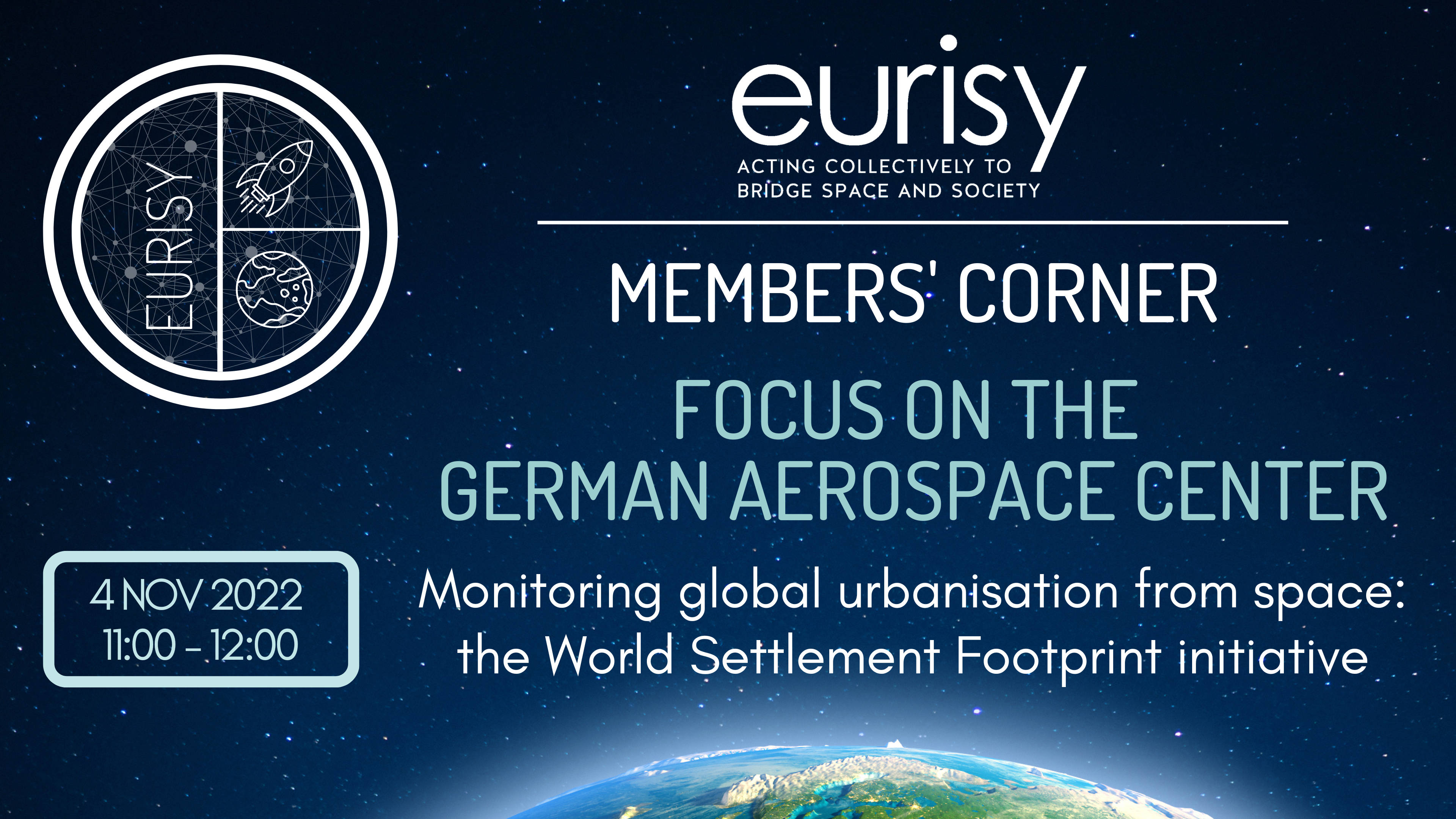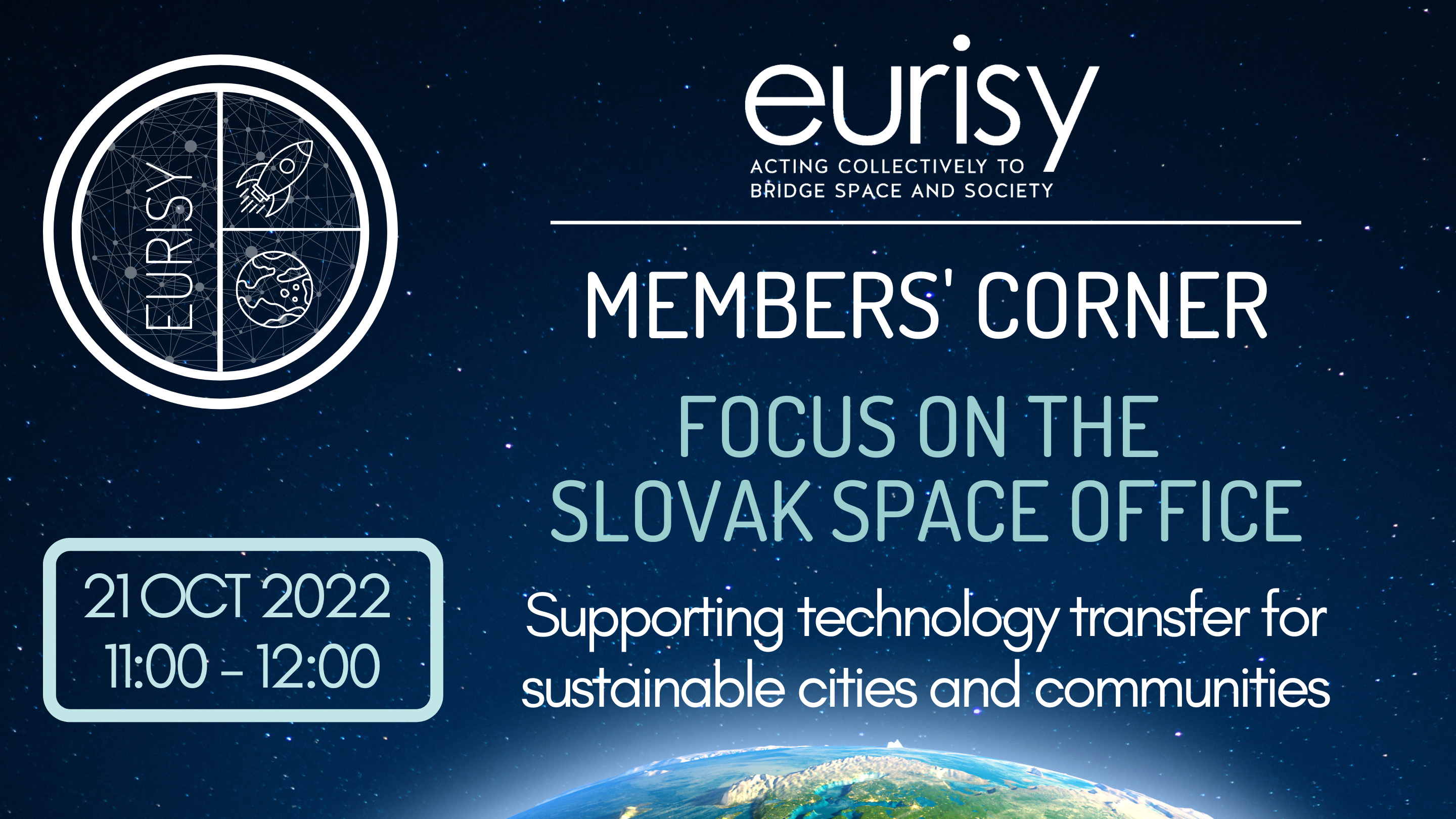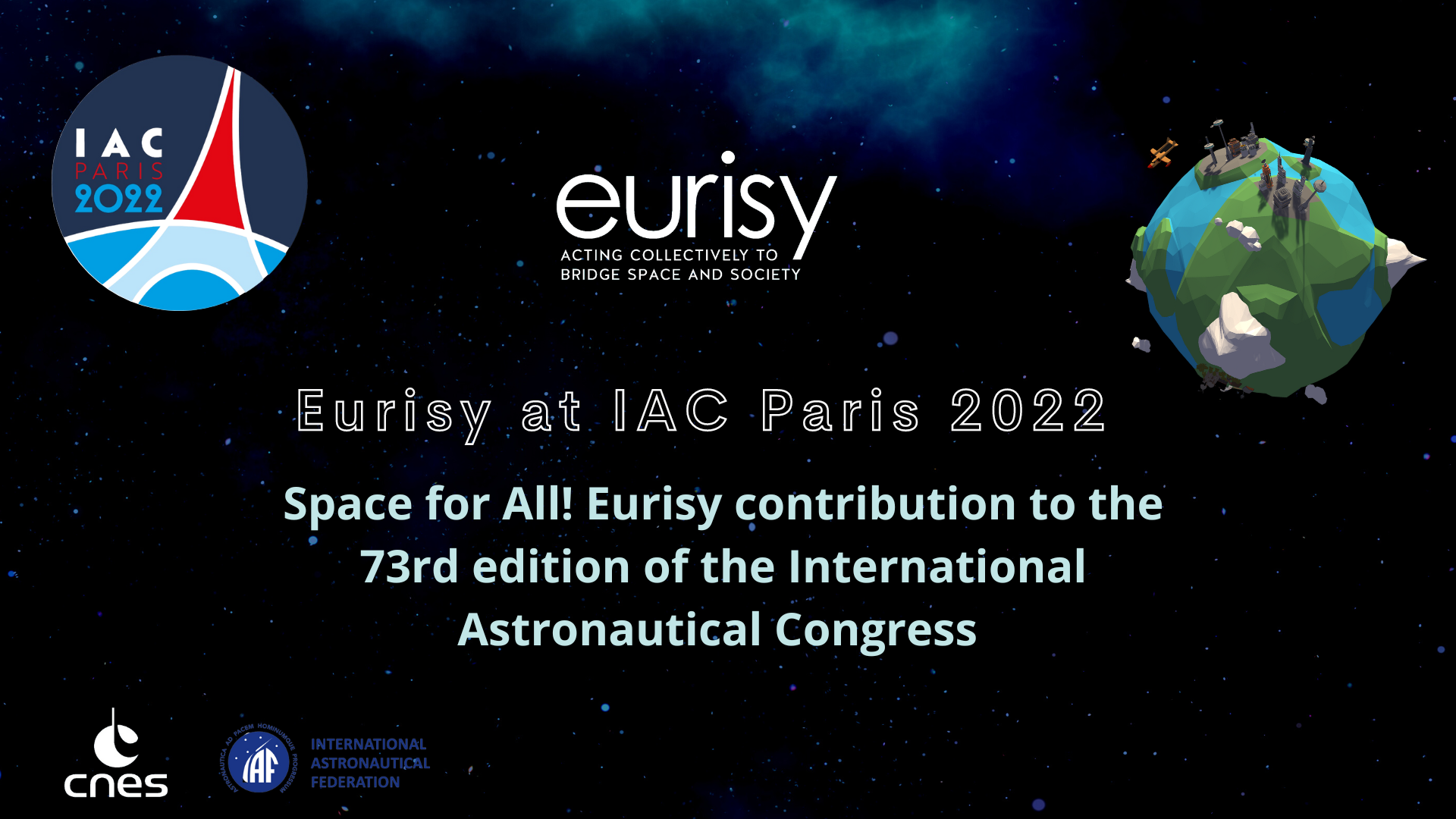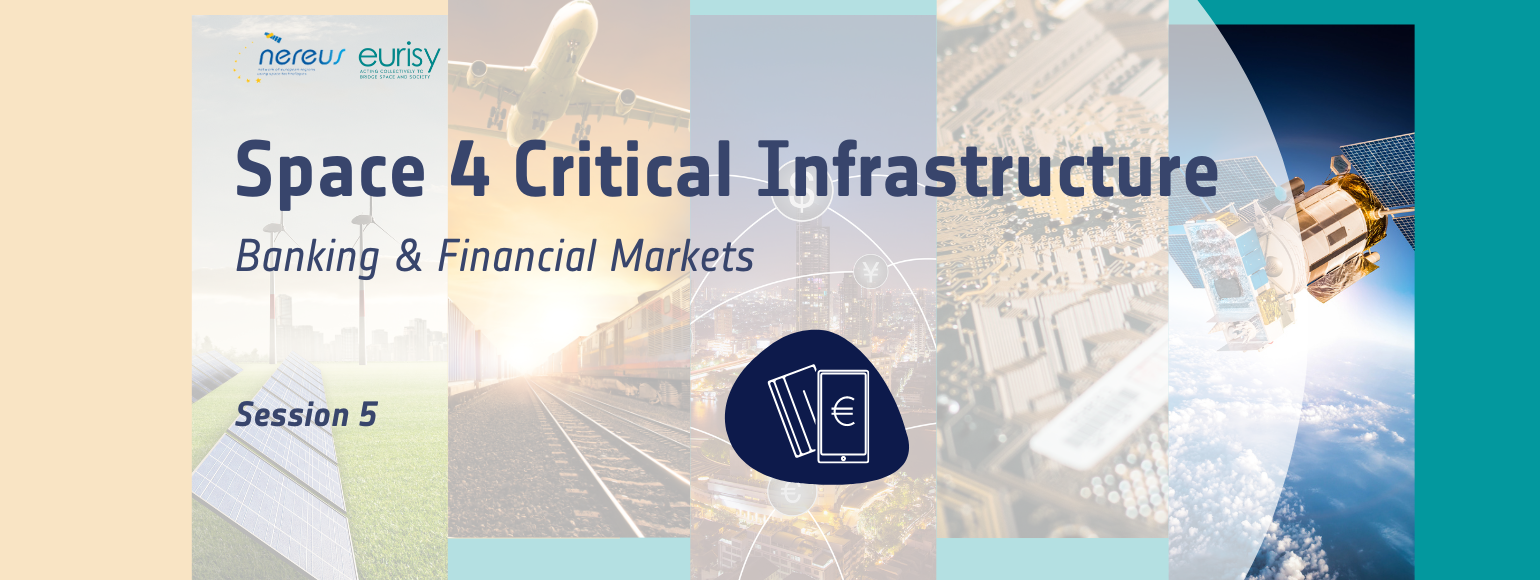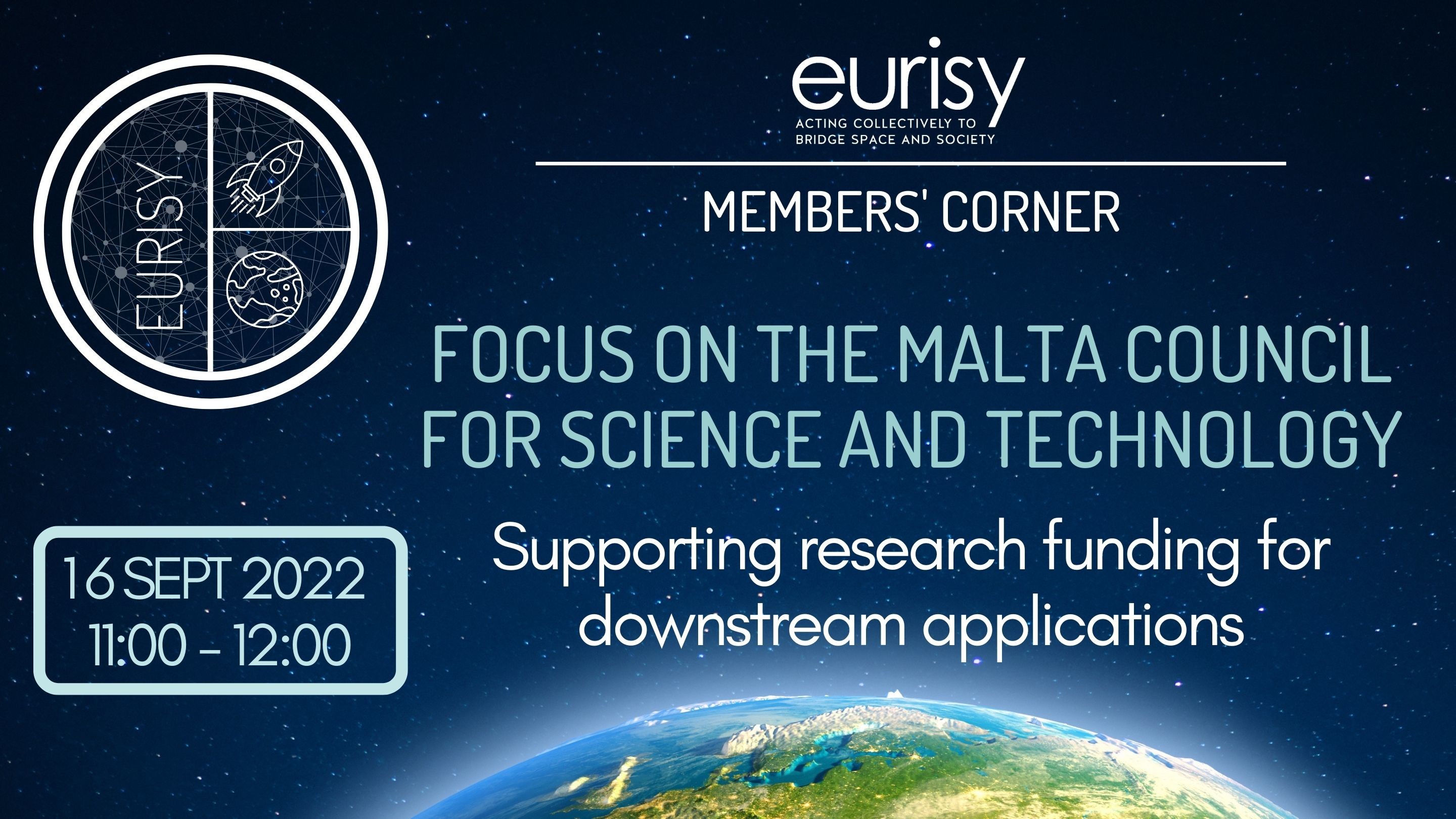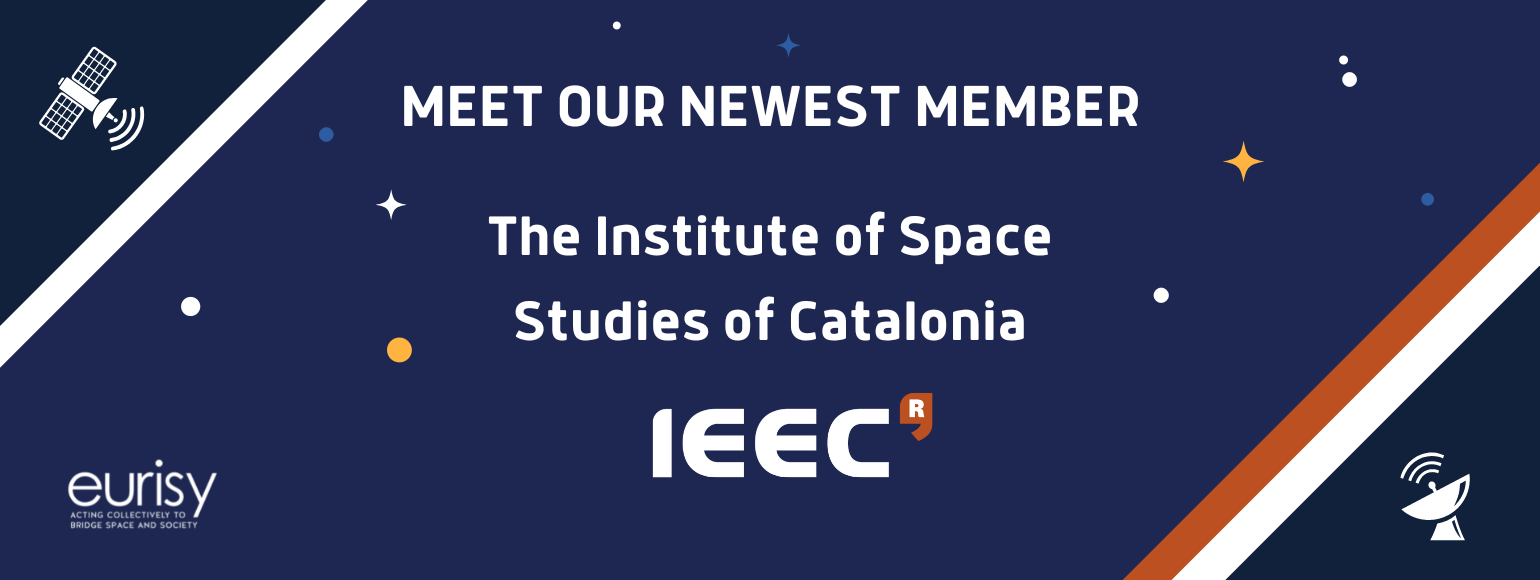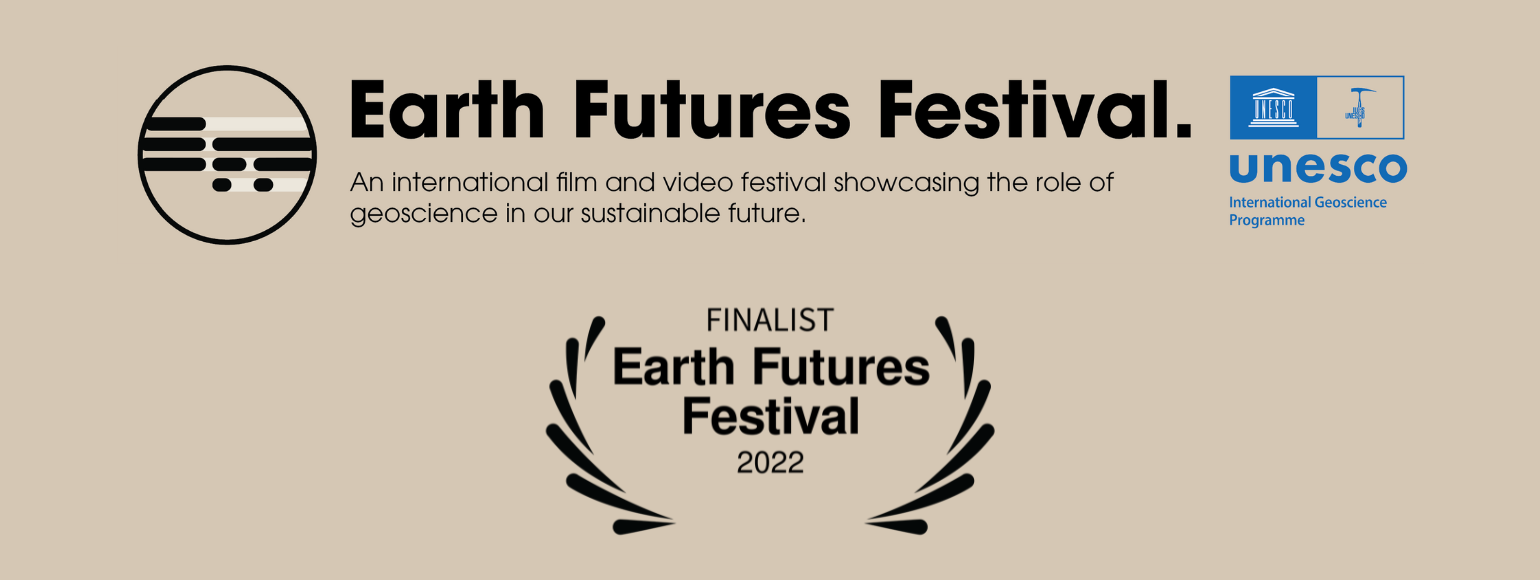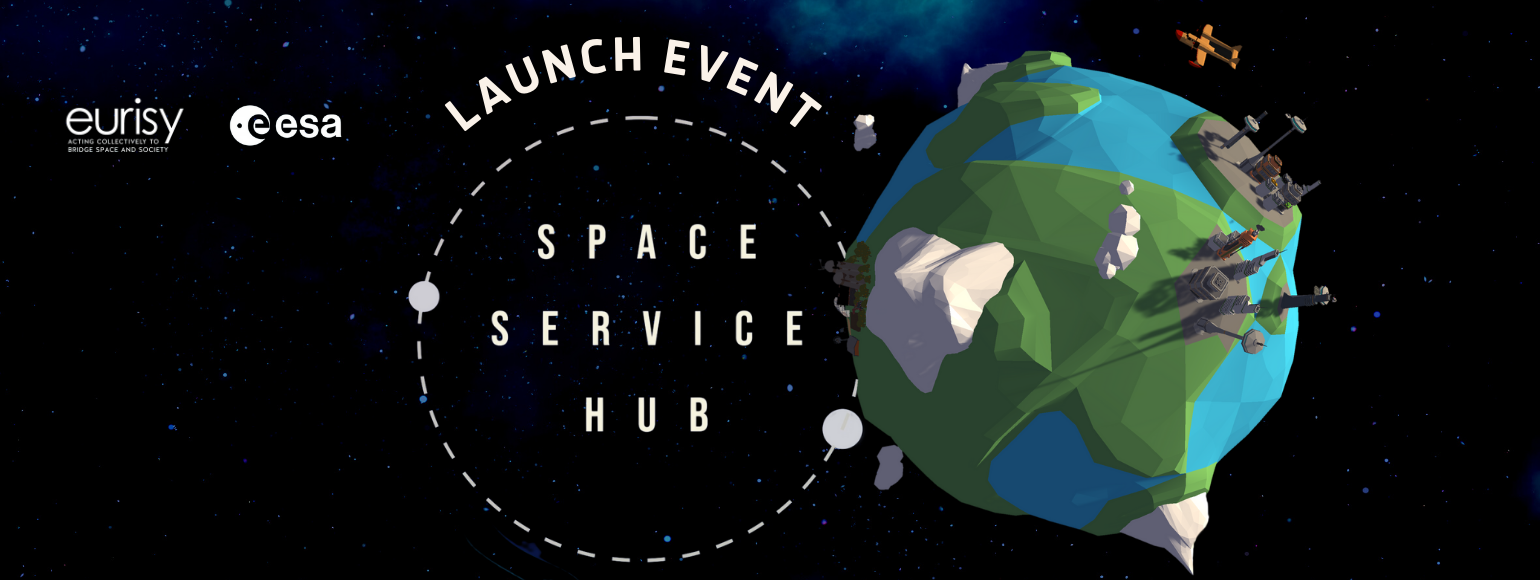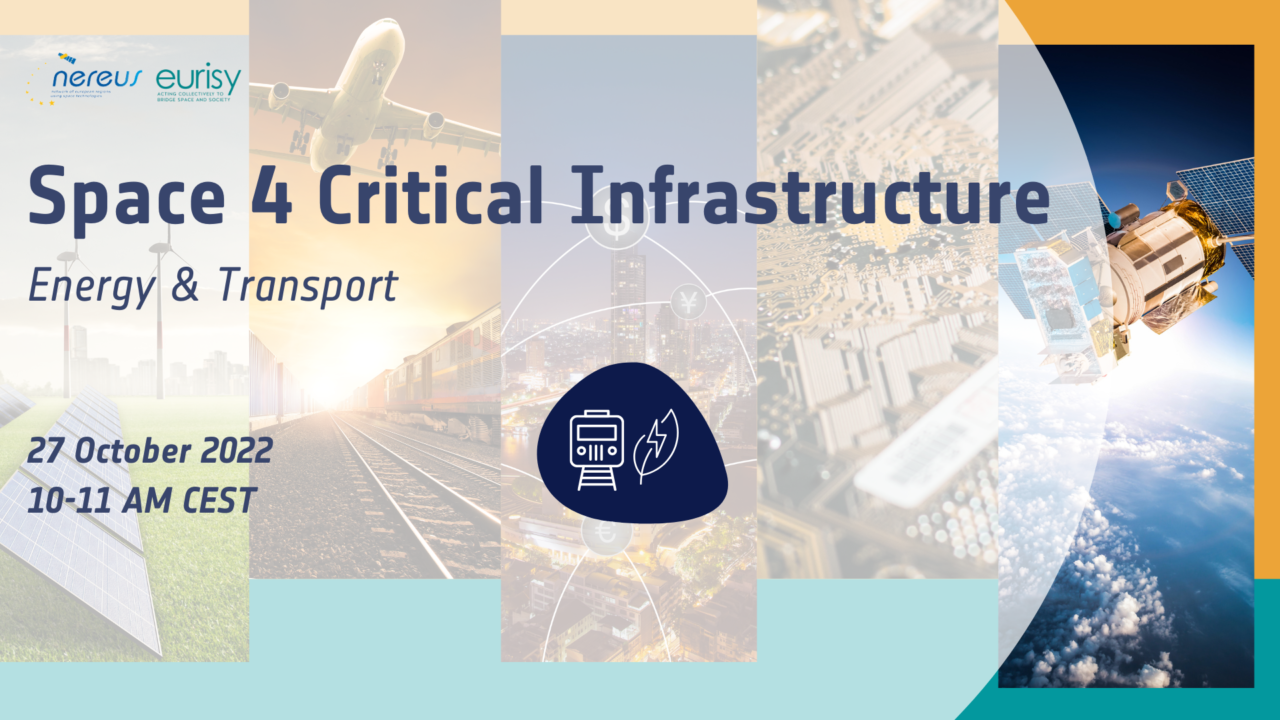
Space 4 Critical Infrastructure – Energy & Transport
The webinar on energy and transport showcased that both sectors are inherently linked to critical infrastructure. Moreover, satellite solutions for the maintenance and monitoring of road and railway infrastructure, as well as for the safe transport and distribution of energy, support the green and digital transition endorsed by the EU political agenda.
Read more
